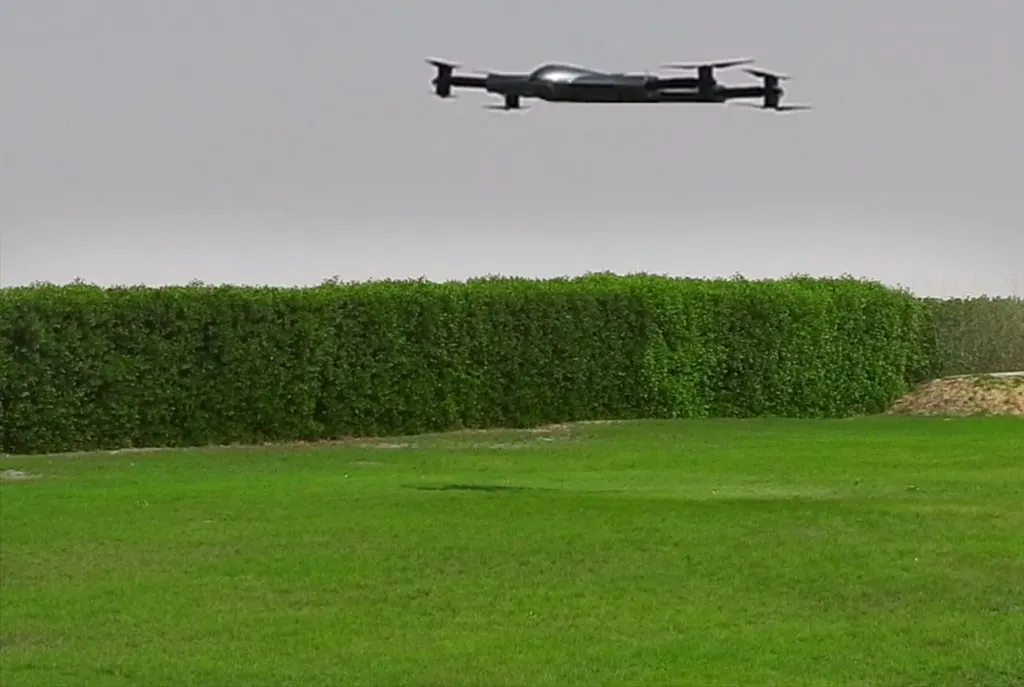Agricultural UAV drones and farm plantations
Agriculture UAV drones and Precision Farming
In the contemporary setting, Agriculture and Farm plantations are vital to the economies of many nations. Productivity, efficiency, and profitability are the primary concerns of every farming organization. Agriculture UAV drones are an innovation that helps agricultural companies meet demands.
Restricted remote access allows farmers to survey and monitor their fields easily. Drones for agriculture automate procedures and increase farming’s productivity and economy. As precision Agriculture UAV drones keeps expanding, farming drones are becoming an essential component of operations.
What Are The Uses of Agriculture UAV drone ?

- Plant Counting and Agriculture Plantation
- Interactive Mapping
- Detect Growth Defects
- Isolate Crop Diseases
- Monitor Plant Health
- 3D Topography
How Can drones Save Time in agriculture?
Maintaining land, crops, stables, and cattle through manual labor can take much time. Drone technology gives agribusinesses real-time, more detailed results. Agribusiness owners can get high-definition photos, videos, and data in minutes. Drones and precision Agriculture UAV drones acquire all the necessary visual data through a bigger aerial view.
How Can Agricultural UAVs Drone Detect Potential Plant Diseases?
Most agricultural drones have RGB and multispectral cameras which detect plant stress. These images are usually invisible to the human eye. Agricultural UAVs with advanced imaging capabilities allow early detection of plant stress.
Why Are Drones Used For Monitoring Plant Health?
Agricultural drone companies upgrade their UAVs with multispectral imaging for early plant disease detection. Drone monitoring is an effective way for small farms to address problems before they become severe and damage crops.
Frequently Asked Questions (FAQs)
Agriculture UAV drones are flying devices used by farmers to make their work smarter and easier. These drones help monitor crops, check soil health, and even spray water or fertilizers. They are like farmers’ new best friends in the sky!
Farming may be difficult job, particularly if the fields are large. Drones help farmers save time and energy by providing a bird’s eye perspective of their land. They make it easier to identify problems, such as dry areas or pests.
Drones collect data using GPS, cameras, and sensors. They send farmers data after flying over the land and taking images. This aids farmers in determining whether their crops require further care, fertilizer, or water.
- Save Time and Money: Drones do jobs faster, like checking crops or spraying fields.
- Better Crop Health: Farmers can spot problems early and fix them.
- Less Waste: With drones, only the needed amount of water or fertilizer is used.
Agriculture drones are making farming more modern and efficient. As technology improves, they will help farmers grow more food with fewer resources.
The ZenaDrone 1000 provides cutting-edge features and solutions to assist farmers in overcoming obstacles and increasing their output. The ZenaDrone 1000 can identify plants’ near-infrared spectrum utilizing overlays provided by traditional RGB cameras (VARI) and multispectral camera systems. This breakthrough enables data-driven decision-making, which leads to higher agricultural yields and better farm production.
Book a Demo
Experience ZenaDrone in action! Fill out the form below and our team will be in touch to set up a demo schedule.
Thank you for your message. It has been sent.





